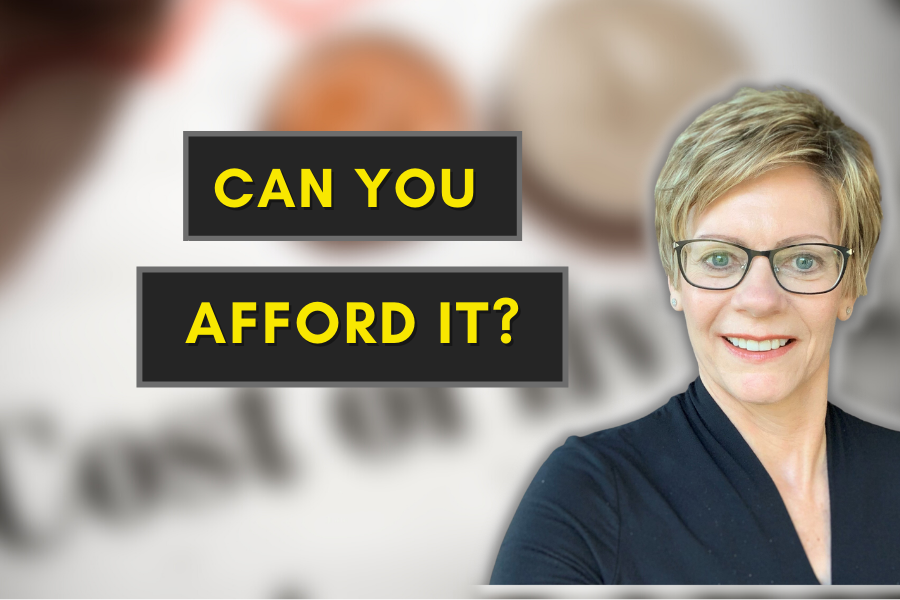
Top 7 Tips on showing your house
January 30, 2008
Pearl Fincher Museum hosts Student Art Competition
February 3, 2008The Fed controls the Fed Funds Rate. They DO NOT control the mortgage rate. Although what the Fed does can affect what happens to mortgage rates. Now what I just wrote may sound like a foreign language or even worse, a hard Algebra word problem, but try to stay with me as we delve into this a little further.
Mortgage rates are tied to mortgage bonds. As the price of mortgage bonds go up, rates in turn get lower. When the price goes down, rates go higher.
People basically have two options when investing their money. They can either put it in stocks or bonds. Stocks are risky than bonds and thus reward their investors with a higher yield. Bonds on the other hand are a safer investment and yield is lower.
When there is positive news about the economy such as low unemployment and high capital goods orders, people will pull their money out of bonds and put it into stocks on the hopes of it earning more money. On the other hand, if there is negative news people will pull their money out of stocks and put it into the safer investment of bonds.
By now you are probably asking how does the Fed rate cut affect mortgage rates? The majority of the time, you will actually see mortgage rate increases after the Fed has a rate cut. Why you ask, because this does not seem to make logical sense? Because when the Fed cuts the rate, they are doing so to jump-start the economy and to hopefully avoid the R word. In this case Recession.
A Fed rate cut does mean happy days for the stock market. Because people are pulling their money out of bonds and into stocks. A Fed rate cut does not automatically mean that the mortgage interest rates will be lower. In fact, in most cases you will see the rates drift upwards after a Fed rate cut.



